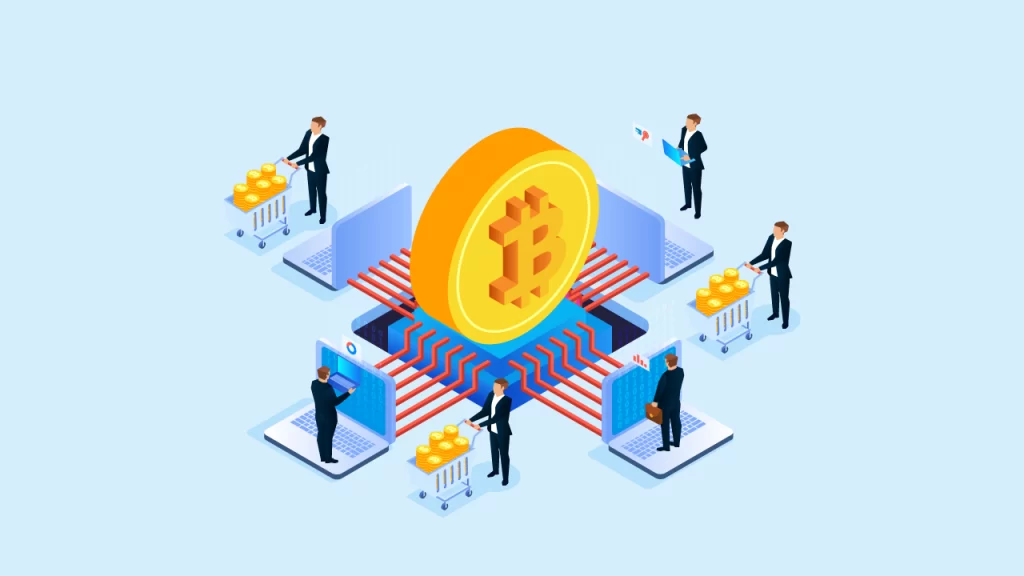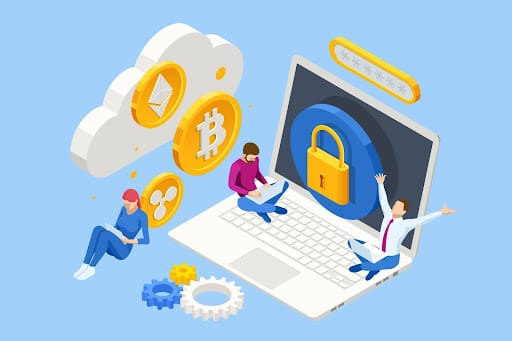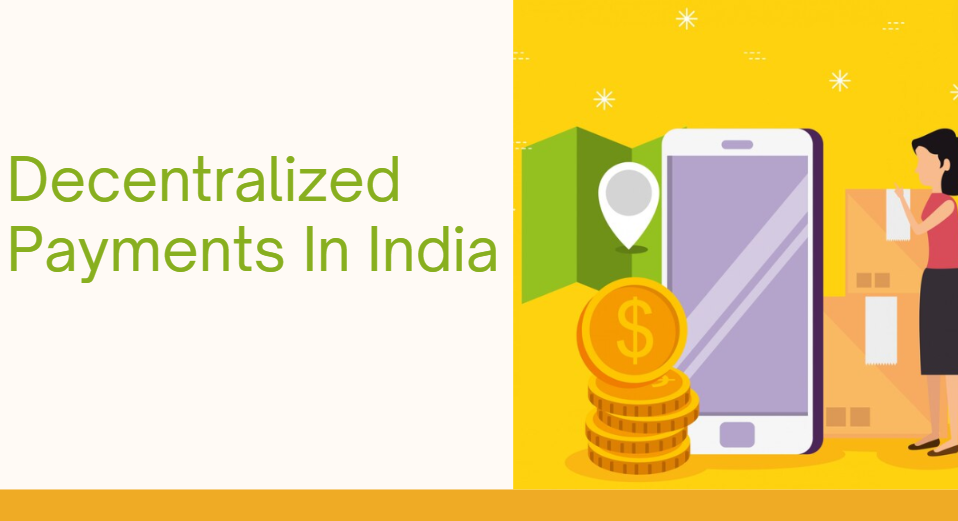AUTHOR-ELIZA FERNZ
DATE-31/8/2024
INTRODUCTION
India’s financial landscape is undergoing a revolutionary(1) transformation with the rise of decentralized payment services. These innovative solutions are reshaping how transactions are conducted, offering greater transparency, security, and efficiency. In this blog, we delve into what decentralized payment services are, their benefits, and the impact they are having on India’s economy.

What Are Decentralized Payment Services?
Decentralized payment services leverage blockchain technology to facilitate(2) transactions without the need for intermediaries such as banks or payment processors. Unlike traditional payment systems, which rely on centralized entities to handle transactions, decentralized payment platforms operate on distributed networks of computers, ensuring that transactions are validated and recorded transparently and securely.
In India, decentralized payment services are gaining traction as they offer an alternative(3) to conventional financial systems. These services enable users to make payments, transfer funds, and engage in financial transactions directly with each other, using digital assets or cryptocurrencies.
Key Features of Decentralized Payment Services
1. Peer-to-Peer Transactions
Decentralized payment services facilitate direct peer-to-peer transactions. This eliminates the need for intermediaries, reducing transaction fees and processing times. Users can transfer funds and make payments directly, enhancing the efficiency(4) of financial interactions.
2. Enhanced Security
Blockchain technology, which underpins decentralized payment systems, provides robust security(5) features. Transactions are encrypted and recorded on a public ledger, making them tamper-proof and reducing the risk of fraud. The decentralized nature of these systems also minimizes the impact of potential security breaches.

3. Greater Transparency
Every transaction on a decentralized network is recorded on a public ledger, which is accessible to all participants. This transparency helps build trust and accountability, as users can verify transactions and track the flow of funds.
4. Financial Inclusion
Decentralized payment services have the potential to increase financial inclusion, especially in underserved and remote areas. By providing access to digital payment solutions without relying on traditional banking infrastructure, these services can empower individuals who have limited access to conventional financial services.
5. Reduced Costs
By eliminating intermediaries and streamlining transaction processes, decentralized payment services can significantly reduce transaction costs. This benefits both consumers and businesses, making financial transactions more affordable and efficient.
Benefits of Decentralized Payment Services in India
1. Empowering Small Businesses
Small and medium-sized enterprises (SMEs) can benefit greatly from decentralized payment services. These platforms offer an affordable and efficient way to accept payments, manage transactions, and reach a broader customer base without the high fees associated with traditional payment processors.

2. Boosting Financial Innovation
Decentralized payment services drive financial innovation by introducing new technologies and business models. This innovation fosters a more dynamic financial ecosystem, encouraging the development of new products and services that can enhance the user experience.
3. Improving Cross-Border Transactions
Decentralized payment platforms simplify cross-border transactions by removing the complexities and costs associated with traditional international payments. Users can transfer funds globally with lower fees and faster processing times, making it easier to conduct international business.
4. Enhancing User Autonomy
With decentralized payment services, users have greater control over their financial transactions. They can manage their funds, make payments, and transfer assets without relying on centralized institutions, giving them more autonomy and flexibility.
Challenges and Considerations
While decentralized payment services offer numerous advantages, they also come with challenges.
- Regulatory Uncertainty: The regulatory landscape for decentralized payment services is still evolving. Users and businesses need to stay informed about legal and regulatory requirements to ensure compliance.
- Technical Barriers: The technology behind decentralized payment services can be complex, and users may face technical challenges in adopting and using these platforms.
- Market adoption: widespread adoption of decentralized payment services requires overcoming barriers related to user trust, education, and integration with existing financial systems.
Conclusion
India’s decentralized payment services represent a significant advancement in financial technology, offering numerous benefits such as increased security, transparency, and financial inclusion. As these services continue to evolve and gain traction, they have the potential to reshape India’s financial landscape and drive economic growth. For businesses and individuals alike, staying informed about these developments and exploring the opportunities they present will be key to navigating the future of financial transactions in India.
FAQ’S
1. What are decentralized payment services?
Decentralized payment services use blockchain technology to facilitate transactions directly between users without relying on traditional intermediaries like banks or payment processors. These platforms operate on distributed networks, ensuring secure, transparent, and efficient transactions.
2. How do decentralized payment services work?
Decentralized payment services work by utilizing blockchain technology to record and verify transactions. Transactions are encrypted and added to a public ledger maintained by a network of computers. This decentralized approach eliminates the need for intermediaries and reduces transaction costs.
3. What are the main benefits of decentralized payment services?
The main benefits include:
- Lower transaction costs: reduced fees by eliminating intermediaries.
- Enhanced Security: robust encryption and tamper-proof records on the blockchain.
- Greater Transparency: A public ledger accessible to all participants for verification.
- Financial Inclusion: Access to digital payments for underserved populations.
- Faster Transactions: Quicker processing times compared to traditional methods.

